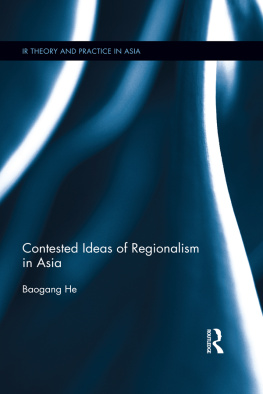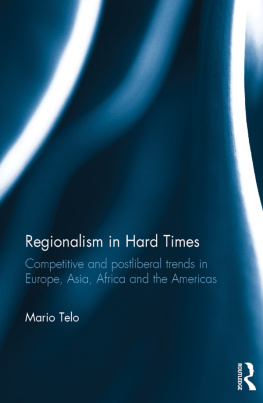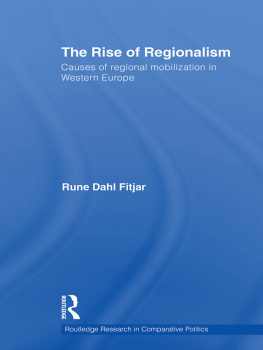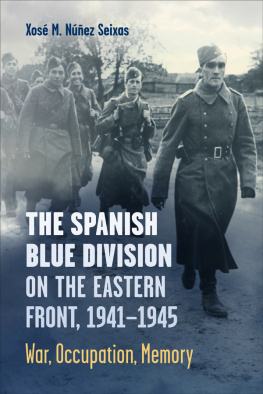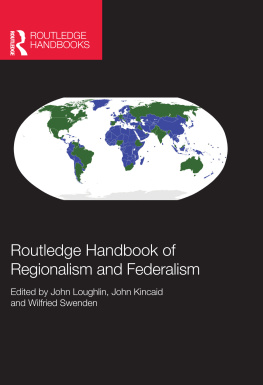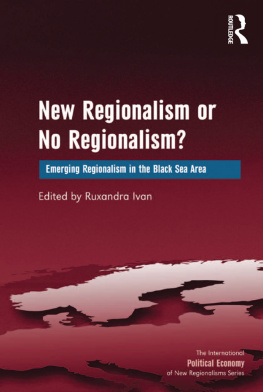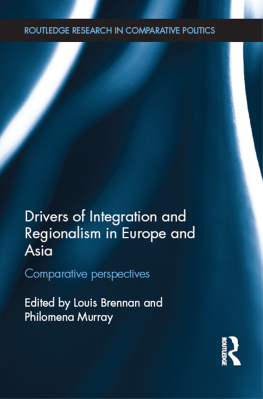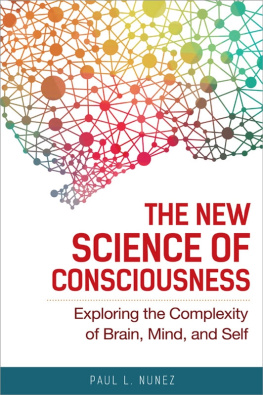Xos M. Nez Seixas and Eric Storm
Kolleen M. Guy
Xos M. Nez Seixas
Xos M. Nez Seixas and Fernando Molina
Xos M. Nez Seixas and Eric Storm
Mark Bassin is Baltic Sea Professor of the History of Ideas, in the Center for Baltic and East European Studies at Sdertrn University in Stockholm. His research focuses on problems of space, ideology and identity in Russia and Germany. His most recent monograph is The Gumilev Mystique: Biopolitics, Eurasianism and the Construction of Community in Modern Russia (2016), and he has co-edited the collections Between Europe and Asia: The Origins, Theories, and Legacies of Russian Eurasianism (2015), Eurasia 2.0: Russian Geopolitics in the Age of New Media (2016) and The Politics of Eurasianism (2017).
Jeremy DeWaal is a postdoctoral fellow at the Friedrich-Alexander-University Erlangen-Nuremberg (after January 2019, lecturer in History at the University of Exeter) and is a scholar of modern German history. His book manuscript, entitled Geographies of Renewal: Heimat and Democratization in Postwar West Germany, examines a turn to local and regional sites of Heimat in the aftermath of the Second World War as sites of imagined life after death, federalism and alternative sources of European and democratic identification.
Kolleen M. Guy is associate professor of history at the University of Texas at San Antonio. She has published on regional foods and identity and is the author of the award-winning book When Champagne Became French: Wine and the Making of French Identity, 18201920 (2003; paperback2007).
Jrg Hackmann is Alfred Doeblin Professor of East European History at the University of Szczecin, Poland, and is also associated with the University of Greifswald, Germany. He has been a visiting scholar at several universities in the Baltic Sea region, as well as the University of Chicago. His research focuses on spatial conceptualizations, collective memory and civil society in Central and Eastern Europe.
David Hopkin is professor of European social history at the University of Oxford where his specialist field is oral culture, including the valorization of oral culture by regionalists in Lorraine, Brittany, the Basque Country and Flanders. He is also on the Council of the Folklore Society. His study of folk songs and tales as sources for social history Voices of the People in Nineteenth Century France (2012) won that societys Katharine Briggs prize. He has also co-edited the collections Folklore and Nationalism in Europe during the Long Nineteenth Century (2012) and Rhythms of Revolt: European Traditions and Memories of Social Conflict in Oral Culture (2018).
Johannes Kabatek is a professor of Ibero-Romance linguistics at the University of Zurich (Switzerland). His areas of research include synchronic and diachronic aspects of the evolution of the Romance languages. For more information, see http://www.rose.uzh.ch/de/seminar/personen/kabatek.html.
James Kennedy is senior lecturer in sociology at the University of Edinburgh. He is author of Liberal Nationalisms: Empire, State and Civil Society in Scotland and Quebec, which was awarded the Canadian Sociology Associations John Porter Prize. His current research, with Liliana Riga, explores the role of American policymakers in the twentieth-century post-war settlements which shaped East-Central Europe.
Joep Leerssen is chair of modern European literature at the University of Amsterdam, and a member of the Royal Netherlands Academy of Arts and Sciences. A comparatist and cultural historian, he has extensively written on Irish cultual history, imagology, transnational diffusion of nationalist ideas and cultural nationalism in Europe. His most recent publications are National Thought in Europe (2006) and (ed.) Encyclopedia of Romantic Nationalism in Europe (Amsterdam, 2018 University Press, 2vols).
Irina Livezeanu is associate professor of East-Central European history at the University of Pittsburgh. She is especially interested in cultural history, intellectuals, nationalism and regionalism. Her first book published by Cornell University Press was entitled Cultural Politics in Greater Romania: Regionalism, Nation Building, and Ethnic Struggle, 19181930 (1995, 2nd updated edition2000).
Tchavdar Marinov is adjunct lecturer at the Plovdiv University. His research interests include the construction of national ideologies and historiographies, as well as the invention of national cultural heritage in the Balkans. He is the author of La question macdonienne de 1944 nos jours: Communisme et nationalisme dans les Balkans (2010) and Nos anctres les Thraces: Usages idologiques de lAntiquit en Europe du Sud-Est (2016), and has also co-edited three collective volumes on modern and contemporary Balkan history and heritage policies.
Jan-Henrik Meyer is an associate professor at the University of Copenhagen and an associate researcher at the Centre for Contemporary History, Potsdam. He specializes in European history, environmental history, the history of social movements and international organizations.
Fernando Molina is a tenured research fellow in modern history at the University of the Basque Country. His main research interests are Spanish nationalism, nation-building and political violence. He has published articles in Nations and Nationalism, Ethnic and Racial Studies, European History Quarterly and Journal of Contemporary History, and co-edited ETAs Terrorist Campaign: From Violence to Politics, 19682015 (2017).
Xos M. Nez Seixas is full professor of modern history at the University of Santiago de Compostela, and has also taught at the Ludwig-Maximilian University of Munich (20122017). He has authored or co-authored more than a dozen books on nationalist movements, national and regional identities, the history of migration and the cultural and social history of war in the twentieth century. His latest books are Die spanische Blaue Division an der Ostfront (19411945) (2016) as well as (ed.) Metaphors of Spain (2017) and War Veterans and the World After 1945 (Routledge,2018).
Petru Negur is associate professor at the Free International University of Moldova and researcher at the Centre for Studies in Sociology and Social Psychology in Chisinau. He received his PhD in sociology from the cole des Hautes tudes en Sciences Sociales (Paris). He authored the monograph




